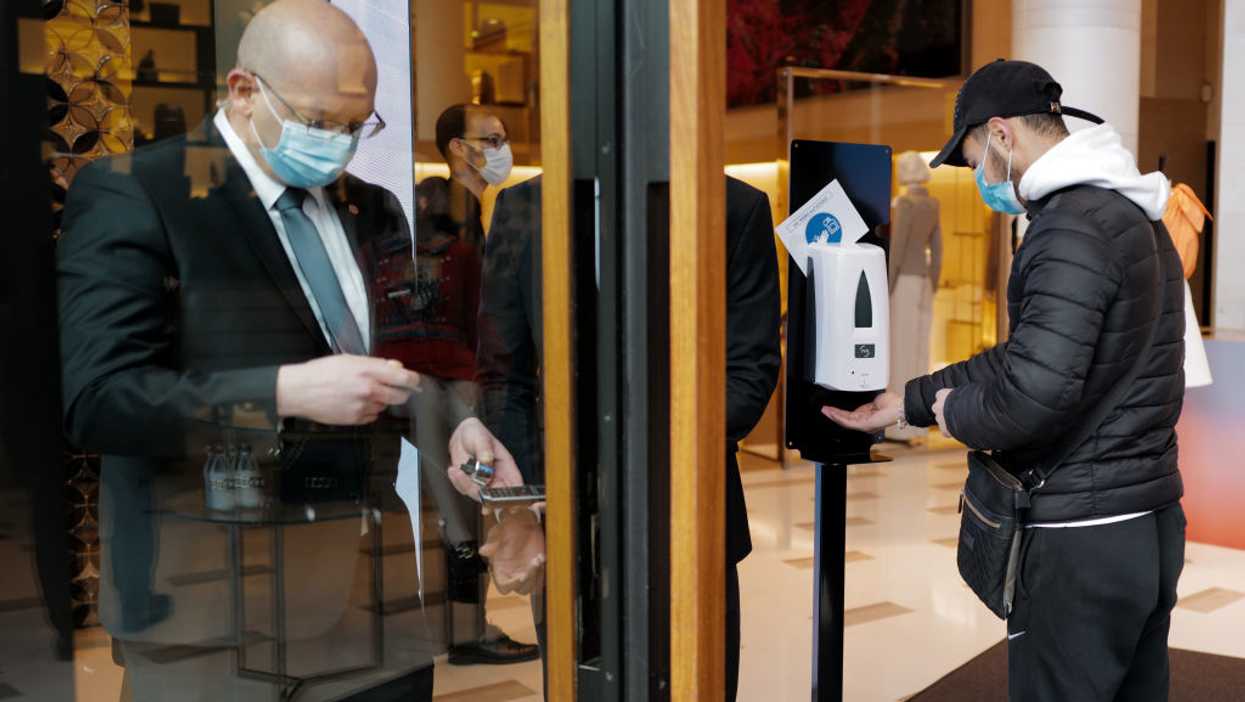
Pierre Suu/Getty Images

Men have higher concentrations in their blood of a key enzyme, study shows
Since the start of the coronavirus pandemic, researchers and public health officials have been puzzled by a simple fact: Men appear to be more likely to catch COVID-19 than women, and when they do catch it, they are more likely to suffer severe complications.
In every country that demographic data is available, men represent a majority of coronavirus cases and deaths. The discrepancy was perhaps first noticed in Italy where almost 70% of coronavirus deaths were male patients.
A number of theories have been floated as possible reasons for this, including overall poor health habits among men. However, researchers in Europe believe they may have found the actual cause.
According to a study released on Monday in the European Heart Journal, men have higher concentrations in their blood of a key enzyme, called angiotensin-converting enzyme 2 (ACE2), which is believed to play a key role in how COVID-19 attacks a patient's lungs.
Researchers cautioned that their study was conducted before the coronavirus pandemic, so they were not able to evaluate whether coronavirus patients generally or coronavirus patients with significant complications had higher levels of ACE2 in their bloodstream.
However, according to Reuters, one of the study's co-authors stated, "When we found that one of the strongest biomarkers, ACE2, was much higher in men than in women, I realised that this had the potential to explain why men were more likely to die from COVID-19 than women."
Of particular importance, doctors have at times been wary of prescribing or continuing administration of a class of drugs called CE inhibitors, which are widely prescribed to patients with a variety of medical conditions. However, the study concluded that ACE inhibitors do not lead to higher ACE2 concentrations in the blood and therefore, the study concluded, "our findings do not support the discontinuation of these drugs in COVID-19 patients."
This finding means that patients with diabetes, congestive heart failure and kidney disease — who are already at higher risk of mortality from COVID-19 — can continue their regular ACE inhibitor regimen, which may help to reduce mortality in those patients from their underlying conditions.
Leon Wolf
Former Managing Editor, News